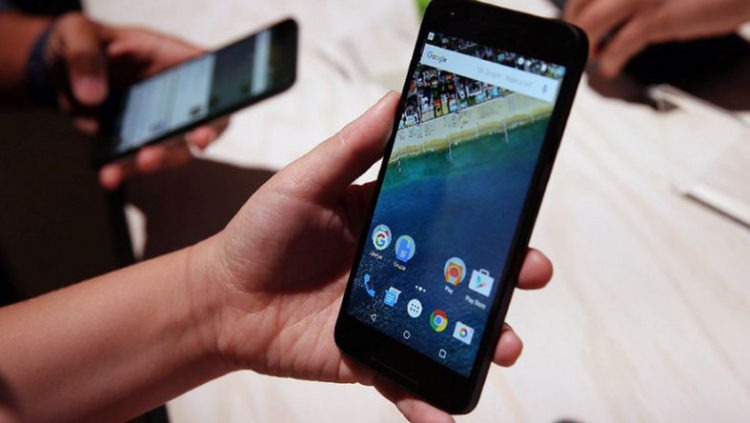The Communications Service tax that was first proposed in 2016 is now under deliberation by the Nigerian National Assembly. The bill which has passed the first reading submits that consumers pay a 9% tax on voice calls, data usage from Telco service providers and internet service providers, SMS, MMS, data consumption and pay-TV.
The bill reads;
“There shall be imposed, charged payable and collected a monthly Communication Service Tax to be levied on charges payable by a user of an electronic communication service other than private electronic communication services.
“The tax shall be levied on electronic communication services supplied by service providers.
“For this clause, the supply of any form of recharges shall be considered as a charge for usage of electronic communication service.
“The tax shall be levied on such electronic communication services like voice calls, SMS, MMS, data usage – both from telecommunication services providers and internet service – as well as pay per view TV stations.
See also: Telco Operators in Ghana Barred from Expiring Voice & Data Bundles
This implies that when passed into law, Nigerian consumers would have to pay a 9% tax on electronic communication services through the Federal Inland Revenue Service (FIRS) to the federal account. This is in addition to the 5% VAT imposed on the Information and Telecommunications sector.
Also, Telco service providers who fail to timely submit the tax return to the FIRS are liable to pay the sum of N50000 penalty fee and N10000 for each day the tax return is not provided.
The proposed Nigerian Communication Service Bill is similar to the Ghana Communication Service Act. Although taxing citizens is justifiable, this will impose a significant burden on consumers and costs on the side of service providers. The Bill does not state whether subscribers of telecommunication or pay-TV services outside of Nigeria will be taxed. It may discourage other Telcos from setting up businesses in Nigeria and affect the quality of electronic communications services provided for subscribers.
When passed into law, the Nigerian Electronic Communication Service Bill may be counter-productive for the countries’ targeted 70% broadband penetration by 2021. It also counter-supports the government’s goal of financial and social inclusion, given that the government plans to provide affordable communication services to the poor and unserved populace in rural communities across the country.
More on TechGIst Africa:
- Lidya, Nigerian SME Lending Platform Expands to Europe
- 10 African Techpreneurs Emerge Finalists of Africa Netpreneur Prize Initiative
- Police Randomly Search Mobile Devices, Intensifies Social Media Policing in Egypt
- Enygma Ventures Launched $6.8M Fund to Support South African Female Startups
- Two African Startups Recognized at the Global SME Finance Forum Awards














